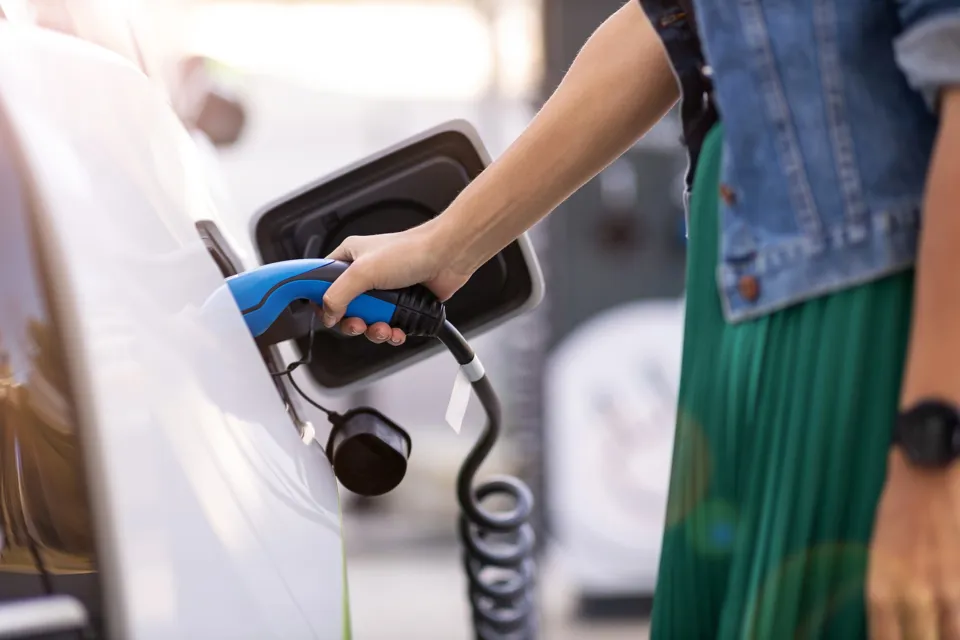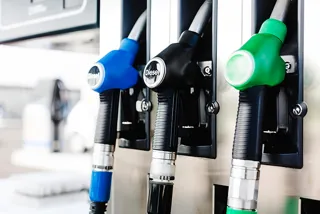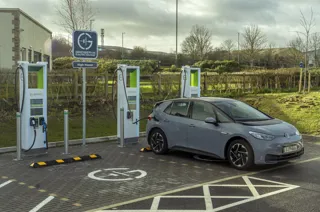Electric vehicle (EV) drivers have outlined what amenities they would like access to when charging their plug-in car away from their home.
One in five (21%) electric vehicle drivers look for retail and hospitality amenities at dedicated service stations, according to new research from Deloitte.
It found that top amenities sought by EV drivers whilst charging include coffee and beverages (64%), bathroom access (56%), Wi-Fi connectivity (55%), snacks and light meals (43%), and a lounge or sitting area (42%).
Jamie Hamilton, automotive partner and head of electric vehicles at Deloitte, said: “Traditional amenities such as coffees and bathroom access remain a priority for consumers, however there is growing demand for other retail services that consumer businesses should consider trapping into as drivers wait for their vehicles to charge.”
The Deloitte research also revealed a third (36%) of EV drivers say they are prepared to wait between 21 and 40 minutes to charge from empty to 80% battery capacity, with one in four (25%) prepared to wait between 41 minutes and an hour.
Hamilton continued: “Charge times are improving greatly with the development of battery technology and rapid chargers, but the charging window is widening both the consumer base and current time spent at service stations.
“Consumers are also signalling that they want more services and amenities made available to them during this time, presenting an opportunity for retailers and hospitality businesses to generate new revenue streams.”
The findings, based on responses from over 1,500 UK consumers, also reflected ongoing growth in hybrid working arrangements, with one in ten EV drivers indicating access to a private meeting room as useful while waiting for their vehicle to charge.
Andreas Scriven, head of leisure and hospitality at Deloitte said: “Changing working patterns mean many businesses are adapting their spaces and product offerings for consumers.
“As remote working becomes more prevalent, there will likely be increased consumer demand for ‘third spaces’ to work from when not in the office or at home.
“This also opens up opportunities for hospitality businesses to create dedicated workspaces, perhaps with additional benefits such as coffee and Wi-Fi, and expand product ranges to serve on-the-go workers using their vehicle charging time to work.”
In terms of leisure time, one in five EV drivers also said they would make use of a full-service restaurant whilst their vehicle charged at a public location.
Scriven continued: “Greater electric vehicle adoption has prompted a new market for hospitality services, with battery charging times also doubling as leisure time.
“Those businesses that look to new charge point locations and create the venues and services that consumers are demanding will make the most of the opportunities posed by EV charge time windows.”
The Global Automotive Consumer Study is an annual survey exploring consumer attitudes towards new automotive technology. The study, of driving-age consumers, is fielded in 24 countries and designed to be nationally representative of the overall population in each market.
The 2023 study includes more than 26,000 consumer responses across 24 global markets. The UK sample size was 1,514 and fielded between 21 and 29 September 2022.
























Login to comment
Comments
No comments have been made yet.